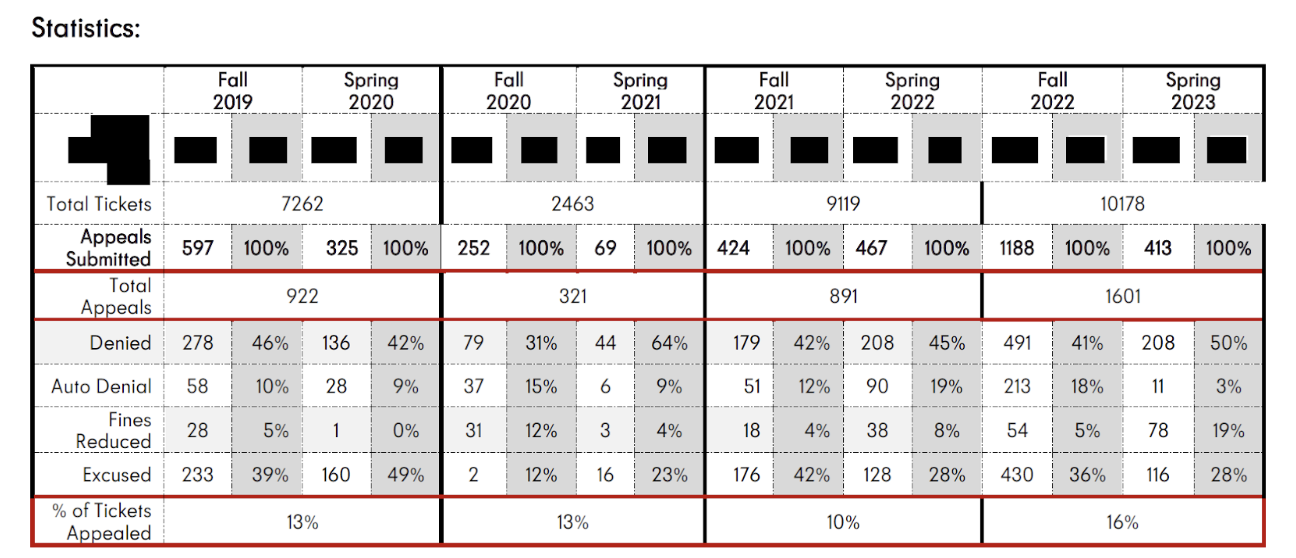By Ellen Strassner
On the outside, The Vagina Monologues sounds like a great event and for many years it has been. The shell of this production seems to have a good message and tries to promote female empowerment, but this just is not the case anymore. At this point in time The Vagina Monologues should be reevaluated and even cancelled from being produced any further. The show is a step back for feminism, and reduces women to being only a vagina. The Vagina Monologues may have been exciting and progressive 19 years ago during its inception, but in 2015, when the conversation about female sexuality has expanded greatly, there are many reasons to shut the production down.
The idea behind the show is to bring vaginas into the conversation for women who may have issues talking about, or even identifying with, their vaginas. But after re-watching many of the dialogues, I found that the topic of heterosexual sex and stories of mainly cis-gendered (non-transgender) characters is all topped with a heaping amount of male input.
Nearly every story revolved around how a woman’s vagina was affected by a man, how a woman hated her vagina because of a man, or how a man was the reason she finally accepted it. Not to mention, in “Because He Liked To Look At It,” the woman only accepts her vagina after a man aggressively forces her to show him her genitals, even after she says no; ironic, since the show is used as a way to fundraise for organizations that fight for the protection of women.
What makes the Vagina Monologues is not only what it presents, but also what it lacks. In the original play, there is no mention of transwomen or women who do not have vaginas. It implies that anyone with a vagina is automatically a woman. Its brief mention of lesbian sex is described as “a good rape,” and it tries to address homosexuality while still making it seem like a negative.
As Aswini Hardikar wrote in Campus Progress, The Vagina Monologues “claims to represent a broad spectrum of women, but the show’s monologues are delivered almost exclusively through the lens of a white, upper-class, Western female perspective.”
If we want to have a conversation about vaginas, then we need to realize the diversity of those who have them and include the women who do not. The conversation about female sexuality should be talked about in a way that is more diverse and sensitive than claiming “I found peace with my vagina after a man gave me permission.” If we want to raise awareness, we need to bring a different perspective of feminism, women and vaginas onto campus. Inclusive feminism is feminism that works, and The Vagina Monologues just isn’t meeting our standards anymore.





Leave a Reply